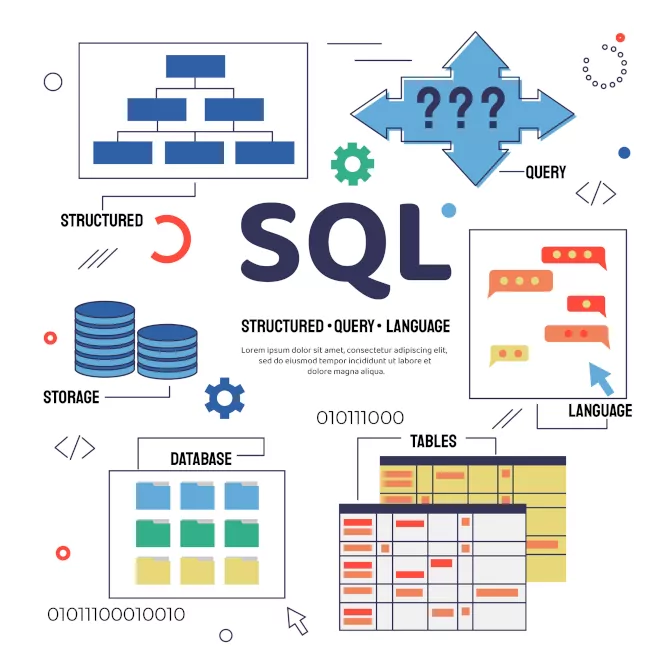Indexing
One of the best methods for optimizing query performance is indexing. The database engine can find and retrieve particular rows considerably more quickly thanks to indexes. The columns indexed should be used in ORDER BY clauses, JOIN conditions, and WHERE clauses.
Let a pro handle the details
Efficient Queries
Write your SQL queries with care. Use aliases for tables to make queries easier to comprehend, just select the columns you need, and avoid SELECT *, which retrieves all columns.
SELECT DISTINCT
Utilizing SELECT DISTINCT may use a lot of resources. If at all possible, look for different approaches that don’t include DISTINCT to get the intended effects.
Joins
Be aware of how you employ JOIN operations. Steer clear of pointless joins and employ the join type that best suits your demands (LEFT JOIN, INNER JOIN, etc.). Make that the connected columns are correctly indexed as well.
Number of Rows Returned
Use the LIMIT clause to restrict the number of rows returned by a query. This is especially helpful for searches that do not require retrieving every entry that matches.
SELECT * FROM your_table LIMIT 10;
GROUP BY and ORDER BY
Be cautious when utilizing GROUP BY and ORDER BY clauses, as they might be resource-intensive. Make sure the relevant columns are appropriately indexed.
Subqueries
Subqueries may be ineffective if they are used for every row, in particular. To get the same result without utilizing subqueries, try rewriting queries using JOINs or other techniques.
Optimize WHERE Clause
Write your WHERE clauses with as much specificity as you can. Utilize the proper operators; functions on indexed columns should be avoided as they may interfere with the use of indexes.
Analyze Query Performance
Utilize database profiling tools for performance analysis and monitoring of queries. Determine which queries are sluggish and improve them using the information the profiling tools have to offer.
Database Caching
Implementing a caching system for queries that are used frequently can greatly enhance performance. Database caching solutions or application-level caching could be used for this.
Statistics
Maintain current database statistics. The query optimizer can make improved decisions about query execution with the use of updated statistics.
Database Sharding
To disperse data across several databases or servers for large-scale applications, take database sharding into consideration. By doing so, the load may be distributed and performance can be raised overall.
Database Design
Make sure the normalization of your database is correct. This can decrease duplication and increase query efficiency.
Before introducing any changes into a production environment, see how they affect a development or staging environment. The ideal technique may differ based on the individual database system you’re using (e.g., MySQL, PostgreSQL, SQL Server).
Client Reviews
FAQ related to DB Projects
Image by Freepik
